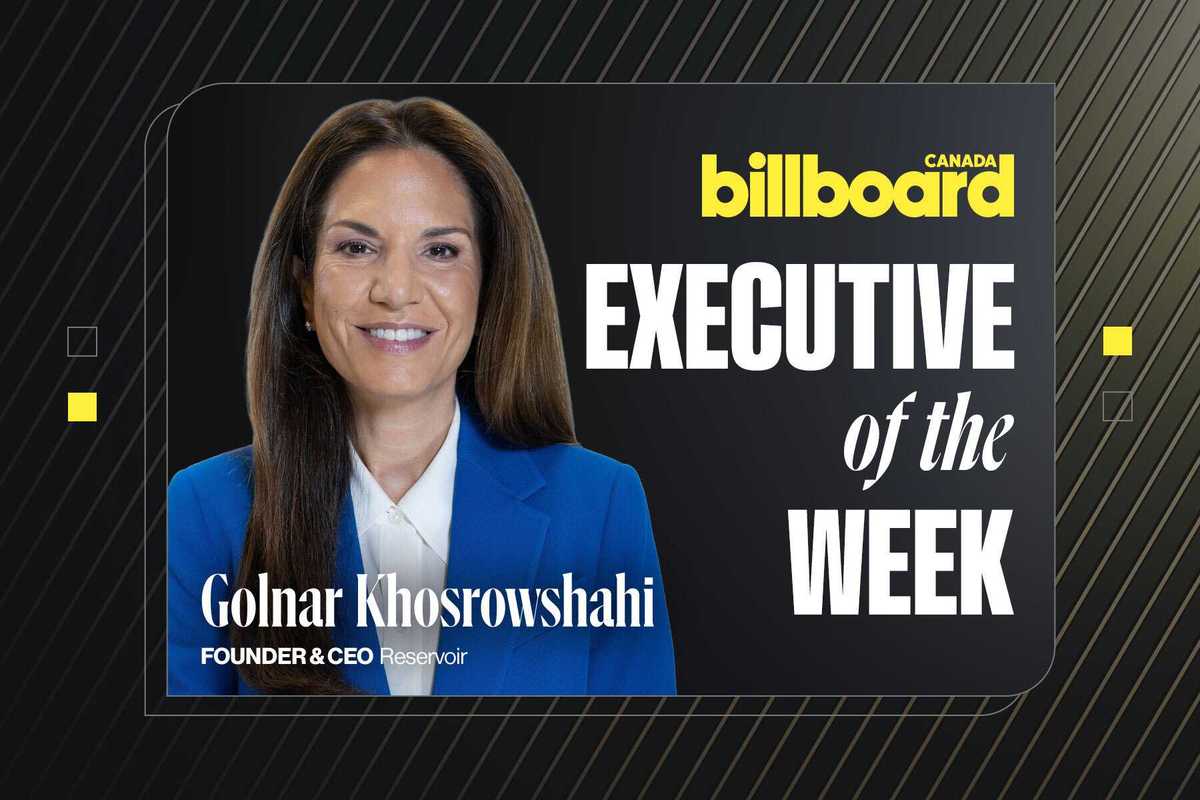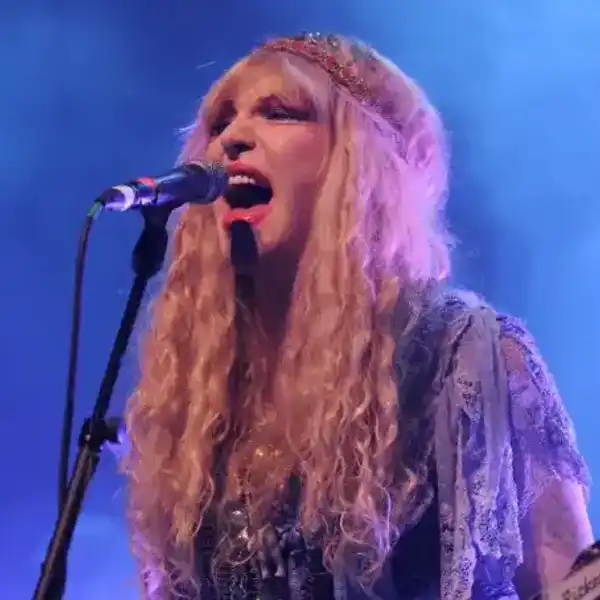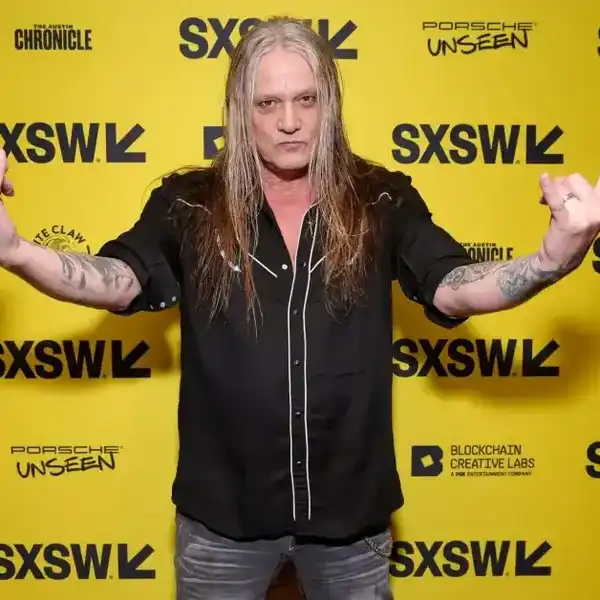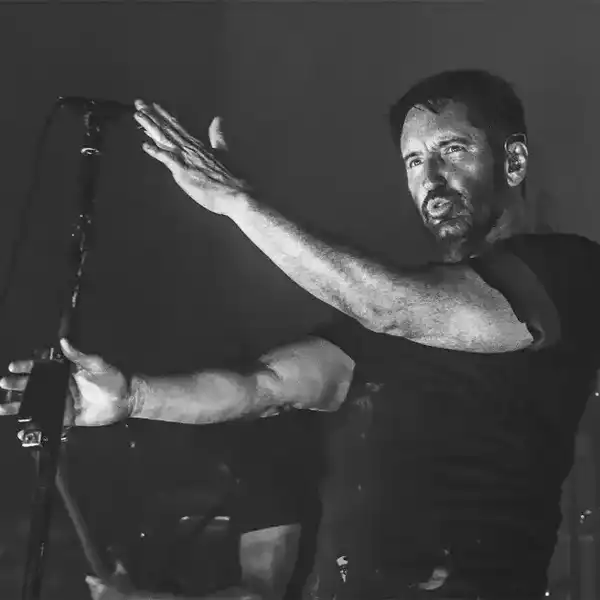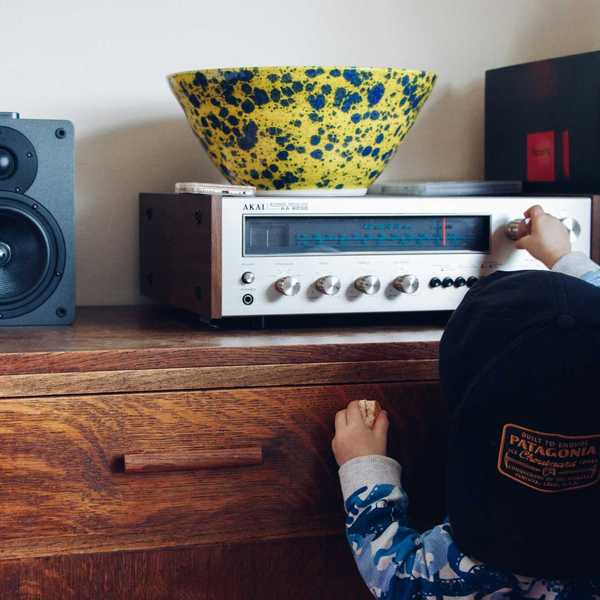Can Jazz.FM91 Elevate, Inspire and Be The Progressive Sound Of Radio In Toronto?
The Toronto station finds itself in an opportune position to create a playlist that reflects the times and the diversity and multi-ethnic composition of the city. We asked station principals Pat Holiday and Lori Russell for their take on recent changes there. Pictured: Big Sam Williams at TD Jazz Festival.

By Bill King
Toronto is a radically different city from only five years back. There’s new-found energy, confidence, a vigorous nightlife inhabited by an emerging workforce of young professionals – many in the transitional tech sector. New millennials run with the times in a city choking from rampant development, a shortage of rental properties, eroding shorelines, and a high density populous. We aren’t yet Tokyo, Istanbul, Mumbai, or any of the crowded world cities about to burst at the seams, but sidewalks are crowded, and gridlock is a fact of life as is much-needed upgrades to a fracturing infrastructure.
This is the reality of living in one of the most desirable cities on planet earth and one recently exposed to 40,000,000 eyes through the Toronto Raptors recent NBA basketball championship game six. How do we address the stress and new-found vitality? How do we roll with the times and provide a terrestrial listening experience – a backdrop to the ebb and flow of daily life? How about exceptional radio?
Amongst the numerous radio choices, Jazz.FM91 finds itself in an opportune position. How do you create a playlist that reflects the times - the diversity and multi-ethnic composition of Toronto - that also encourages listeners to dial in and provides a level of artistic independence that runs parallel with our daily work habits and those rare moments of personal freedom? You experiment.
It was the sixties that informed us that Miles Davis, James Brown, Joni Mitchell and the Grateful Dead could all cohabit the same performance stage and be recognized as equals. This made for great radio – the birth and evolution of FM radio. In Toronto, CHUM-FM led the way. Nigerian King Sunny Ade alongside Lighthouse. This also created an opening for bands such as Crowbar, Downchild Blues Band; blues, jazz, world music, soul, funk, all before the hideous consultants and segregation of genres - homogenized and diluted playlists.
I was fortunate to be part of the CJRT-FM team in 2001 there to advance that makeover from CJRT -FM to Jazz.FM91, led by radio man and one-time station CEO, Chuck Camroux. At first, there was turmoil and push back by those who saw the branding as garish and out of sync with hardened jazz standards, yet Chuck and crew were forward-thinking and saw an opportunity to bring die-hard CJRT listeners in step with the times.
This worked like a charm for a good many years. There were still a few icons from the mid-decades of jazz touring and recording and a level of interest in their music. There was also a past century of music in the vault to construct a playlist in synch with the regurgitated golden oldies playing out on opposing pop stations. You could pick a decade and run with it, and the listeners bought in.
The landscape has once again changed. The icons of jazz have all but passed on. Streaming is a fact of life. The new jazz voices, in most cases, sound like retreads of their past heroes, that is if you discount the Robert Glaspers and Gregory Porters and other young players who straddle multiple genres.
Jazz once burned in people’s consciousness not only for it’s innovative sounds and spontaneous improvisation but the often ‘bigger than life’, outrageous and seductive personalities that inhabited the bandstand – Buddy Rich, Dizzy Gillespie, Duke Ellington, Sarah Vaughan. Jazz diploma carrying graduates have replaced those bandstand personalities. Nothing controversial or mythological here. The door is slowly closing on that bygone era. So where do we go from here?
I posed a range of questions to the board of director volunteers, acting PD Pat Holiday and VP Managing Director, Lori Russell, both charged with turning the station around - their goals, long-range vision and current state of station affairs.
What have been the most significant challenges in turning Jazz.FM 91 around?
Pat Holiday: Money. That’s the big one. We can operate as is and the operation is getting stabilized quickly, but growth without the money to fund it makes things extremely difficult. There are some critical positions vacant that we need to fill, like a PD, a Morning host, a Morning Newsperson, to name a few, yet there aren’t funds to do that right now.
Since joining the board of directors on February 19, 2019, what have you learned of the listenership?
The listenership is amazing. Extremely caring, vocal and protective of “their” station. They’re very smart, clearly business professional types, and mostly for lack of a better term - I hate using this but - upscale, big time. Donor response was virtually immediate and strong on our first fund drive after the board change. So that’s encouraging. On the other hand, there’s so much we’d love to know about the audience’s tastes to keep the station current, vibrant, and moving forward in the world of jazz.
For instance, there’s a continual nagging question for us and every other Jazz station in North America. That question is, “What’s actually Jazz today?” Many of the younger new Jazz acts are playing forms of Jazz that incorporate traditional Jazz, yet also incorporate other music that they grew up listening to like hip-hop, pop, R&B, and even rock. Just looking at the headliners at major Jazz festivals and you can see that they’re grappling with this changeover as well. The headliners tend not to be acts that you would immediately think of as Jazz stars, yet they fit in the context. Plus, they’re the main audience drawing cards that allow the festivals to function. Yet to the Jazz purist, mainly only the traditional sound is Jazz. Making that changeover is a big challenge, especially without really knowing where the comfort ‘blend’ line is for our donors and listeners. We’re trying to find out that now.
Soulpepper Theatre met similar challenges head on and are thriving and moving in a direction most appealing to its subscribers. Do you see a similar trend?
Soulpepper has done an outstanding job of tackling their challenge immediately and head on, as we have done since the Board of Directors change. The vibe and feel inside the station is light years from where it was. Unfortunately, we don’t have a quick, direct relationship mechanism like a theatre does to put on a great play, charge tickets to see it, and immediately recoup the play’s expenses and more to grow. We can’t directly charge our audience for what we do. It’s a slower, more subtle grind for advertising and donations.
Winning the confidence of donors and building a new audience is a challenge and advancing and expanding a playlist that now encompasses and in many reflects the trend in jazz festivals for broadening the scope of the music, how are listeners responding?
Honestly, it’s tough to tell so far because we don’t have traditional research. It’s all feedback from emails, web comments, phone calls, and one on one conversations at our many Live to Air concerts where you can talk one on one with listeners at the station. So far, it’s all been very positive, but then we’ve been conservative on moving the music needle. After all, that’s gone on, the last thing we want to do is rush quickly into music changes. So, so far, the process has been gently adding in what we think will pull the audience towards 2019 while serving enough of the ‘norm’ to have it all just feel refreshing instead of jarring.
Now that you see the lay of the landscape - how optimistic are you a change of format will boost listenership and revenue?
Change of format is such a scary term. I know you’re just asking about music changes and so forth, but to make it clear, JAZZ FM 91 is a Jazz station. Canada’s ONLY Jazz station, and no one’s messing with that. There’ll be no format change as one would say in the radio biz.
Personally, yes, I think this station can be successful again, but it’ll be on its own terms. It’s never going to be a ratings giant because, by design, it fills a particular 24/7 niche that no other station fills in our entire country. All it needs is enough funding coming through the doors with advertising, sponsorships, donor support, and other things we’re working on to be on a sound financial footing and do its function in our community.
That function is to serve people who love Jazz and the artists who make it; to provide an open door to Canadian Jazz musicians to reach those Jazz lovers with their music and creativity, and help them making a living so the genre continues; to continue doing all the scholarships, kids initiatives and music schooling that the station provides AND PAYS FOR; and sadly….continue adding some culture to a world that is increasingly seeing less and less of it. THAT’s why we’re here.
If we can do that, everyone wins.
Day one at Jazz.FM91 – what were your first thoughts?
Lori Russell: My first thoughts were that this station needed a vibe. I could see it immediately in the faces and the lack of energy in the people. It’s a radio station, a great radio station and there was no momentum. The people needed empowerment to do their jobs and to unite as a team. The first thing I did was sit down with each person for a one on one and asked questions and listened.
It was clear to me that what they wanted were some wings, support, and a voice. It didn’t take long to realize that they all had a will to win, but just needed to be pointed in a new direction of “all things possible.”
The donors spoke and demanded the return of on-air personalities they had grown to admire. How were you able to patch things up and restore credibility with the public and confidence with those who served before?
I do believe that once the new board and management were voted in, this set the stage for our community to be open-minded about positive change. Brian Hemming has led a very important charge for ‘savejazzfm’ and his reputation within the community was one of professional ethics and a strong sense of EQ. The fact that the new board was well poised with a great cross-section of professionals across many disciplines was inspiring to all.
We purposely delayed the fundraising campaign from the end of February to early March allowing it to be the first campaign for the new guard. What we saw was an outpouring of support from many of the previous regime of hosts, musicians, and volunteers that allowed us to drive over $320k in donor funding. This allowed us some resources to look at how we could fill some seats.
The first goal was how to get Heather [Bambrick] back and start filling what was an empty studio with the exception of Brad Barker in the afternoon. We needed some life, and Heather brings that. I could see this from her and the other hosts on how they conducted themselves during the campaign. We were transparent with our listeners. We told them where we were and that our goal in rebuilding would take some time but that we were here for the long run and asked them to be patient.
We told them that we would be financially strategic on our decisions. We let them into our world, and our challenges, and spoke to them as partners.
Are there trends you see coming that intersect and look as if they may be of benefit to the station?
I think Pat has covered this on music and our willingness to continue to showcase the new emerging dynamics of jazz. The job of our hosts will be the storytelling that bridges the music for them. I think of Lou Pomanti’s story about Quincy Jones and Herbie Hancock’s discovery of Jacob Collier.
We have to educate our listeners on the emergence and the broader palate of jazz. We have to take our listeners on the journey around the world of jazz. I do see that our future in podcasts will be tantamount to our success. An opportunity to have a deeper engagement with our hosts that will continue to cement loyalties.
Nighttime has become the right time. Do you envision the station living up to its advertising – Canada’s 24 hr a day jazz station?
“Canada’s only 24-hour jazz station” is our unique selling position (USP). We own this position. It’s a format where CanCon is celebrated and we are proud to promote our “homegrown”. Nighttime allows us to deliver a host of unique programming opportunities for listeners to try something new, to develop their jazz palate.
Appointment tuning for us is not a bad thing. Our listeners can enjoy varying genres of jazz that suit their mood. From Soul Nation to dinner jazz, and Gumbo Kitchen to the Bluz and Big Band, the music is celebrated in different descriptors of jazz. The plan is to expand this music into our core dayparts Monday to Friday and into our overnights, fulfilling at a deeper level, the vast and ever-evolving jazz palate. Classic jazz and the greats of many years gone by are the inspiration of many artists today and will never be forgotten.
You have a long history in radio and a successful one at that. What do you see as your biggest challenge?
Financial stability and listener growth with resources, we can continue to invest in the product and be the best we can be. When this happens, we continue to attract and develop the best talent to service our broadcast mandate and our community and educational goals.

